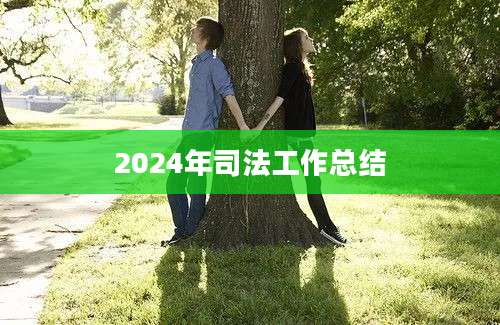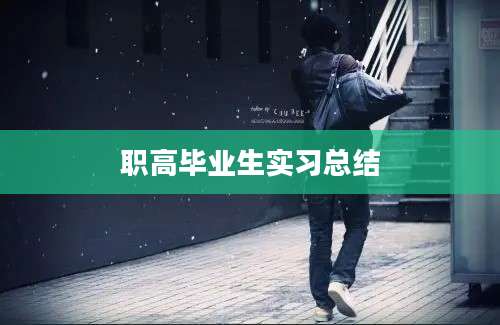范文:

英语春节 Celebrating Chinese New Year in English
The Chinese New Year, also known as Spring Festival, is one of the most important traditional festivals in China. It marks the beginning of a new year on the Chinese lunar calendar and is celebrated by millions of people around the world. Here's a guide to celebrating this festive season in English.
Preparations
1. Decorations
Decorate your home with red lanterns, couplets, and paper cuttings to bring in good fortune and happiness.
2. Reunion Dinner
Attend or host a reunion dinner, where family members gather to enjoy a feast of traditional foods like dumplings, fish, and spring rolls.
3. Red Envelopes
Give red envelopes (hongbao) filled with money to children and unmarried adults as a symbol of good luck.
Celebrations
1. Fireworks
Watch or participate in the traditional display of fireworks to ward off evil spirits and attract good luck.
2. Dragon and Lion Dances
Enjoy the vibrant dragon and lion dances, which symbolize prosperity and happiness.
3. Temple Fairs
Visit temple fairs, which offer a variety of traditional games, foods, and performances.
Greetings
1. Traditional Greetings
Exchange wellwishes such as "Gong Xi Fa Cai" (Wishing you wealth and prosperity) and "Xin Nian Kuai Le" (Happy New Year).
2. Wearing New Clothes
It's customary to wear new clothes to symbolize a fresh start for the new year.
3. Avoiding Sensitive Topics
Be mindful of avoiding sensitive topics like deaths, illnesses, and financial troubles during the festive season.
Cultural Facts
1. Zodiac Signs
The Chinese New Year is based on the Chinese zodiac, which consists of 12 animal signs, each representing a year.
2. Food Symbolisms
Certain foods are eaten for their auspicious meanings, such as dumplings for wealth and fish for abundance.
3. The Legend of Nian
The story of Nian, a mythical beast that scared people, explains the tradition of using red decorations and loud noises to scare it away.
Common Questions about the English Spring Festival
1. What is the English name for Chinese New Year?
The English name for Chinese New Year is "Spring Festival" or "Chinese New Year."
2. When does the Chinese New Year fall?
The Chinese New Year usually falls between late January and midFebruary, based on the lunar calendar.
3. Why is it called the Spring Festival?
It's called the Spring Festival because it marks the beginning of spring according to the Chinese lunar calendar.
4. What is the most important aspect of the Chinese New Year?
The most important aspect is family reunions and the renewal of relationships, symbolized by the reunion dinner.
5. What is the significance of red envelopes?
Red envelopes are given to children and unmarried adults as a symbol of good luck and prosperity.
6. What are the traditional foods eaten during the Chinese New Year?
Traditional foods include dumplings, fish, spring rolls, and nian gao (sticky rice cake).
7. Why are fireworks set off during the Chinese New Year?
Fireworks are set off to ward off evil spirits and attract good luck and fortune.
8. What is the Chinese zodiac?
The Chinese zodiac is a 12year cycle that assigns an animal to each year, influencing people's personalities and fortunes.
9. How long does the Chinese New Year celebration last?
The celebration usually lasts for 15 days, from the New Year's Eve to the Lantern Festival.
10. Is it common for people to travel during the Chinese New Year?
Yes, it is very common for people to travel during the Chinese New Year, as it is a time for family reunions and celebrations.
Detailed Answers:
1. The English name for Chinese New Year is "Spring Festival" or "Chinese New Year."
2. The Chinese New Year falls on the first day of the first lunar month, which is typically between late January and midFebruary.
3. It is called the Spring Festival because it marks the beginning of spring according to the Chinese lunar calendar.
4. The most important aspect is family reunions and the renewal of relationships, symbolized by the reunion dinner.
5. Red envelopes are given to children and unmarried adults as a symbol of good luck and prosperity.
6. Traditional foods include dumplings, fish, spring rolls, and nian gao (sticky rice cake).
7. Fireworks are set off to ward off evil spirits and attract good luck and fortune.
8. The Chinese zodiac is a 12year cycle that assigns an animal to each year, influencing










